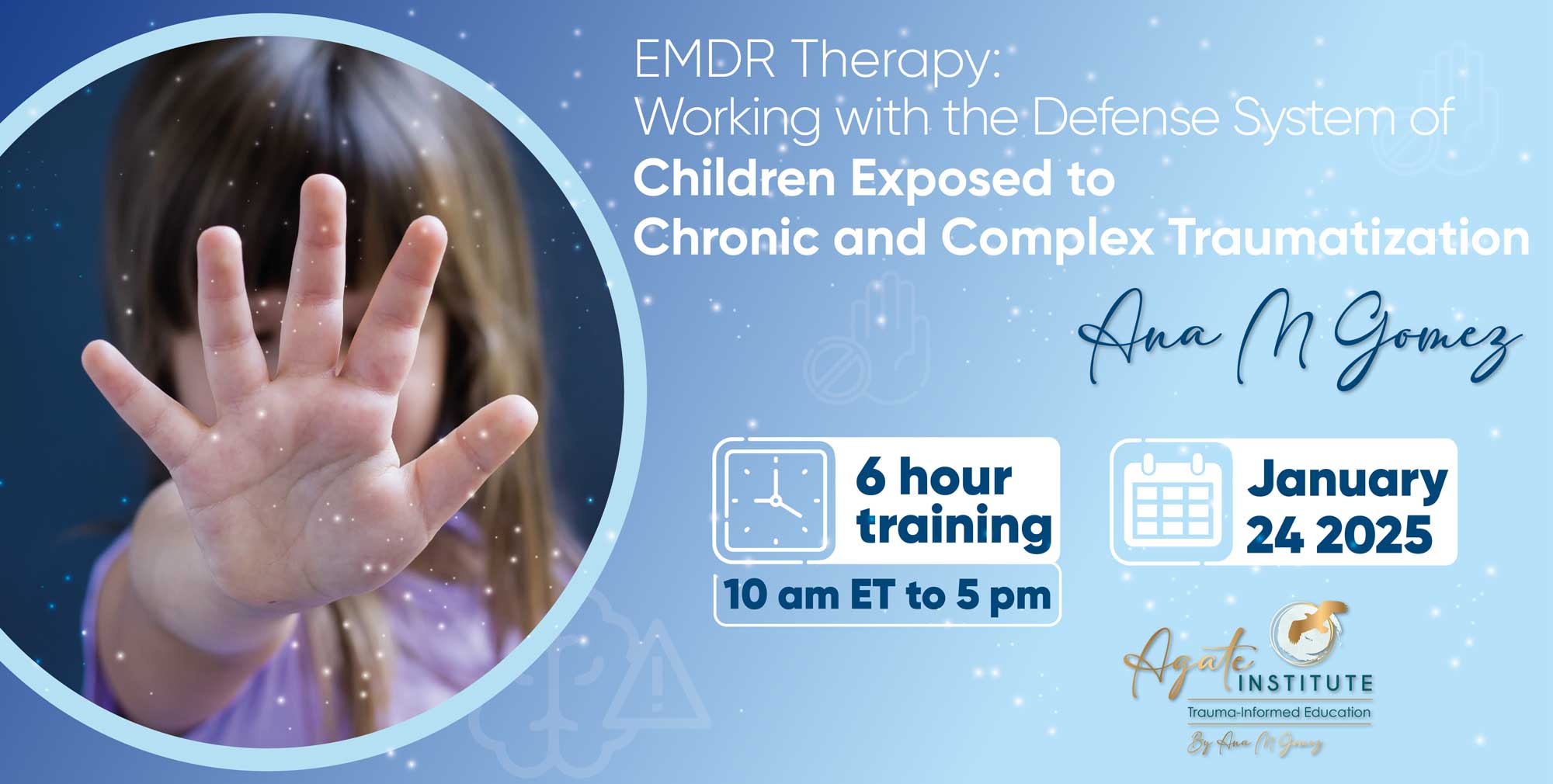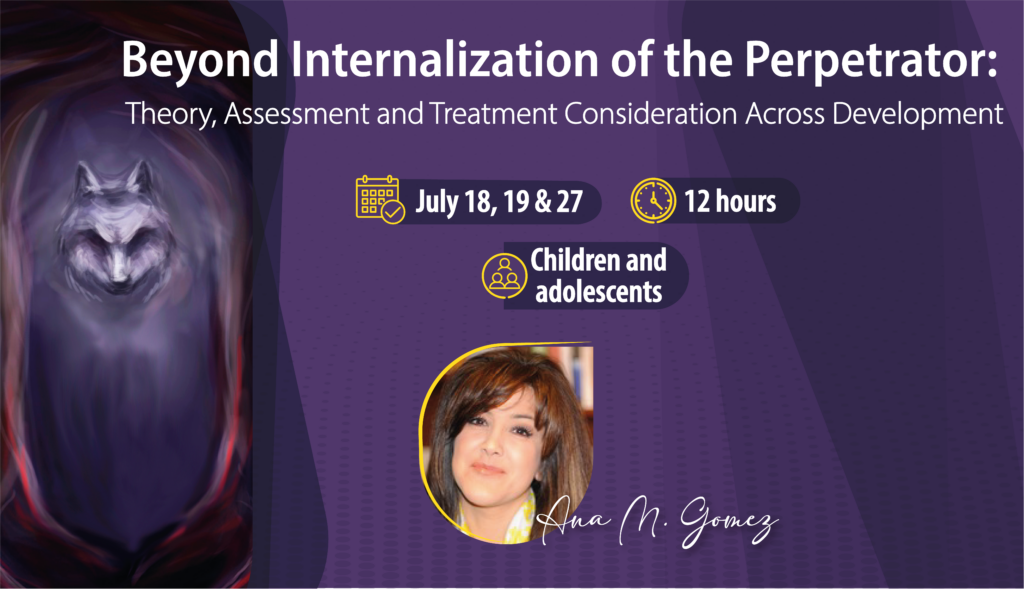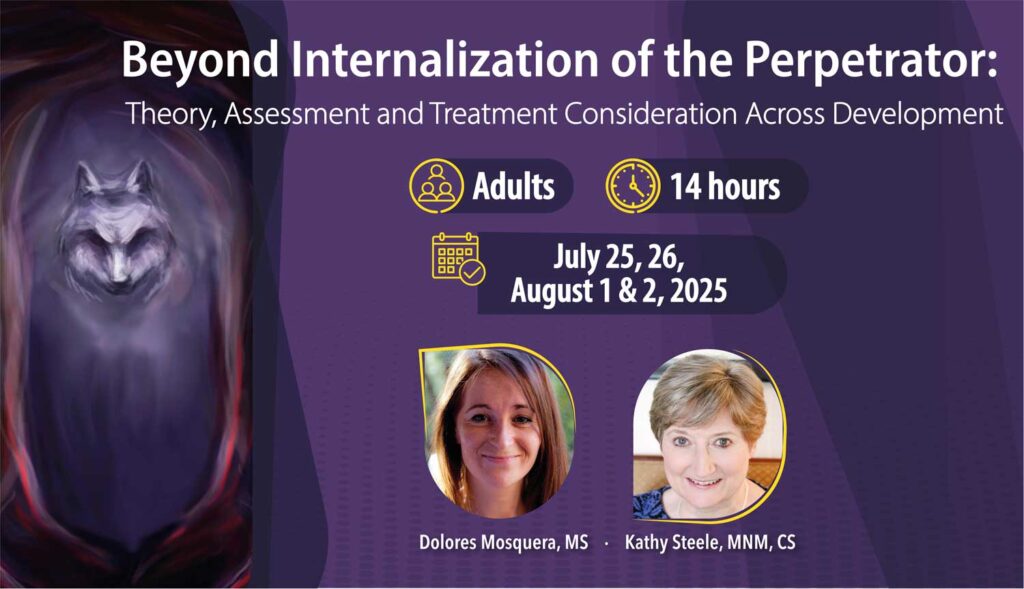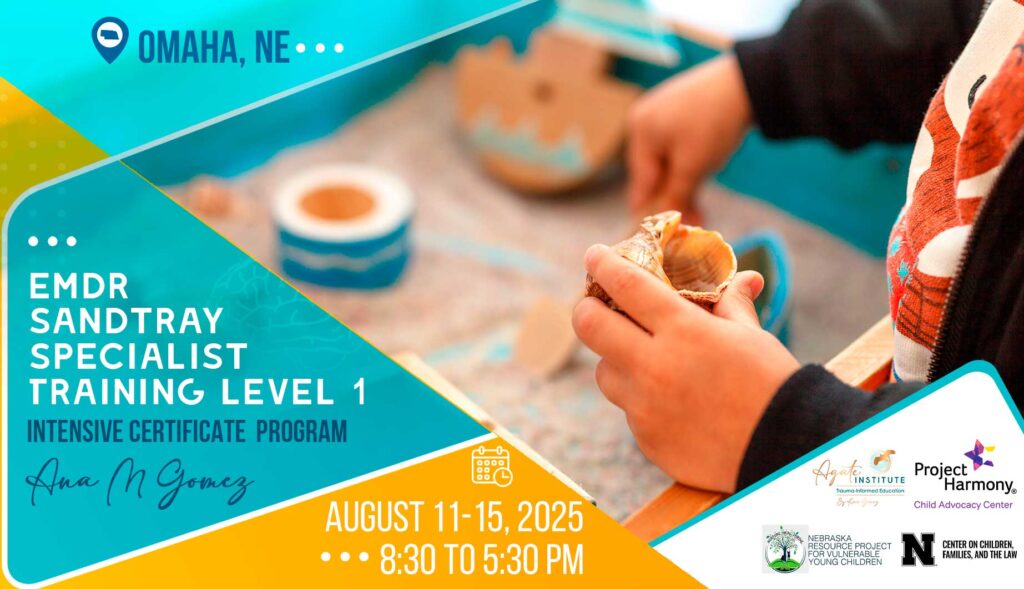
- This event has passed.
EMDR Therapy: Working with the Defense System of Children Exposed to Chronic Traumatization – Online
January 24 @ 10:00 am - 5:00 pm EST

Reduced $195
Regular $235
6 hour training
Attend live in person or watch the recordings on your own time!

Overview
Children and adolescents affected by early and chronic traumatization often develop adaptations and defenses to respond to relationally impoverished and wounding environments. Multiple labels have been given to the human mind’s attempts to escape pain: Resistance, opposition, impossible to work with, untreatable, and much more. Defensive and protective strategies developed in the service of survival to regain homeostasis are quite complex as multiple psychobiological systems interact in the trauma-forming defensive strategies. Without adequate experiences of dyadic regulation and safety, children learn that their emotions, body sensations, and, ultimately, their inner world are dangerous, leading to trauma-related phobias and rigid forms of self-protection and defense. These trauma-derived adaptations coexist interwoven with traumatogenic memories and attachment insufficiencies. This presentation will focus on expanding our understanding of the adaptations the mind affected by trauma must make to coexist with its legacies. We will study the complex psychobiological phenomena that underlie trauma-forming defenses and the core therapeutic components to reset the defense mode and reestablish homeostasis and safety in children and adolescents. A multimodal approach to EMDR therapy will be presented where psychoeducation, Polyvagal-based interventions, parts work, regulation, play, somatic and expressive arts therapies are integrated while preserving the essence of EMDR treatment.
Objectives:
Clinicians attending this training will be able to:
- Cite the factors that lead to the formation of trauma related phobias and defensive adaptation.
- Identify the relationship between trauma related phobias, interoception, exteroception and affect regulation in children and the formation of rigid forms of self-protection.
- Identify a wide range of trauma derived mechanisms of protection
- 1 hour: Utilize “segmented embodied psychoeducation” (Gomez) as a treatment component.
- Utilize Play therapy, part work, Sandtray therapy and EMDR therapy strategies to work with children’s self-protective system



